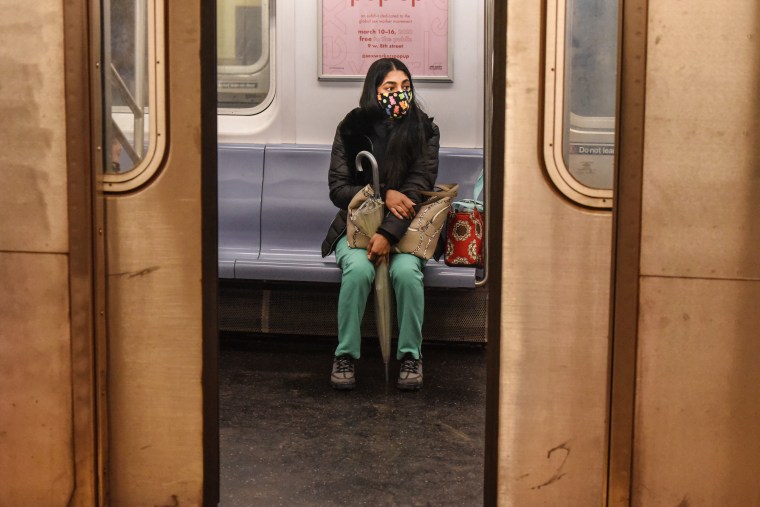As tough as it was to quarantine during the coronavirus pandemic, at least the directions were crystal clear of what to do. But now that states are reopening and as we prepare to enter our new normal, it’s often hard to gauge the right thing to do, even based on the best available information. Afterall, COVID-19 is still actively here.
If you’re feeling anxious or stressed, know that your feelings are very normal in this uncertain environment. Also know that while everyone’s comfort level is different, there are strategies to help you moderate your anxiety. It’s important to find the balance of keeping you and your family safe, while still taking the path towards comfortable daily living.
Answer these four questions to help get you started. Keep a discussion open by talking about your concerns with trusted family members and friends.
But if you find your anxiety continues to rise, and you are having trouble managing day to day, reach out for support from a mental health provider. It’s always a sign of strength – not weakness – to get the right kind of emotional support, especially during these challenging times.
1. What is your risk?
Take an honest look at your own personal risk, and those of your family members. While age and medical conditions play a major role in assessing risk, other factors also contribute. Look at the number of cases, hospitalizations, and deaths in your own community to get a better idea of your own level of risk. National and even state-wide numbers are too general to help personal decision making. And when you start interacting with family members or close friends, start with those with similar risk profiles who practice the same habits as you and your family.
2. What can you control?
Identifying what you can control in your life provides a sense of security that helps offset the anxiety of what you cannot. Don’t assume that everyone is as compliant as you are with the basics of face coverings, social distancing and hand washing. Following best practices yourself will keep your risk lower. Avoid people and places who do not observe the guidelines the same way you do.
3. What is your own comfort level?
While most cities and states have loosened many restrictions, and continue to do so, the pace at which you feel comfortable might not match. Remember that many businesses are opting to remain closed, even when given the go-ahead to reopen. It’s all about the timing. Think small, and build on small levels of comfort. For example, if you’re not ready to go to a restaurant with friends (even when all the rules are in place), start with an outdoor lunch with one friend and see how that goes. You can always acknowledge to others that some activities are too soon for you, but you’ll join in the future.
4. How can you stay in the present?
Avoid comparisons to the past and how things used to be. It only fuels anxiety. Put the past behind, and make decisions for the way things are right now. Remember that many of these will also be temporary, and make your future decisions easier as more evidence-based guidance is available. Enjoying what is happening now is a huge benefit to good physical and mental health.
Madelyn Fernstrom, Ph.D. is the NBC News’ health editor. Follow her on Twitter @drfernstrom.
